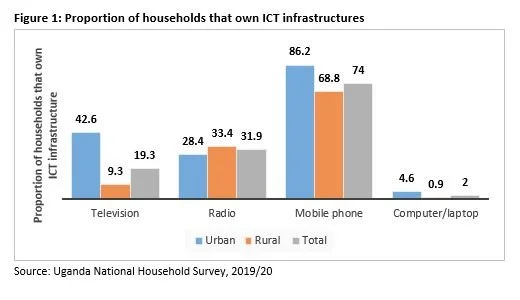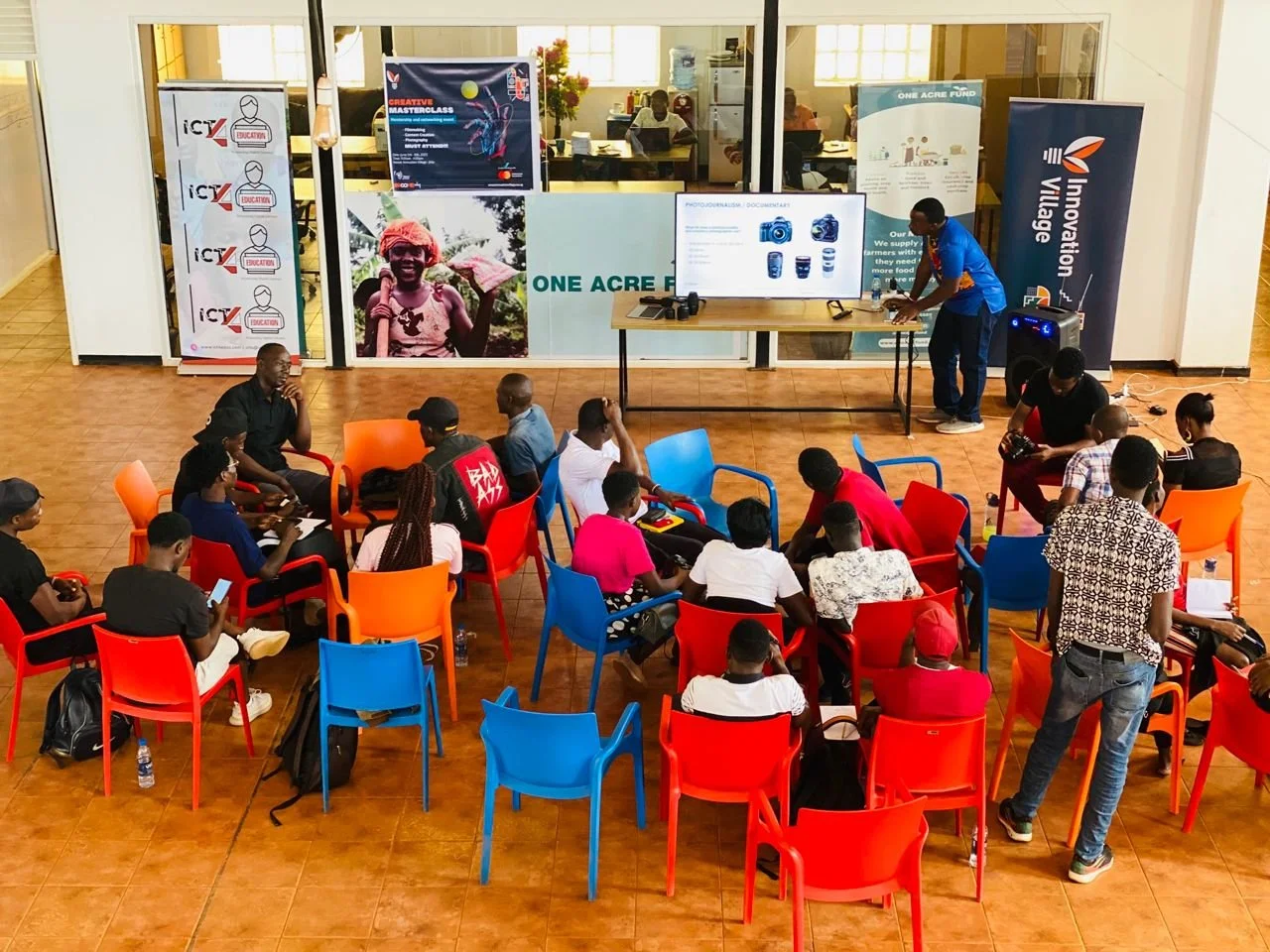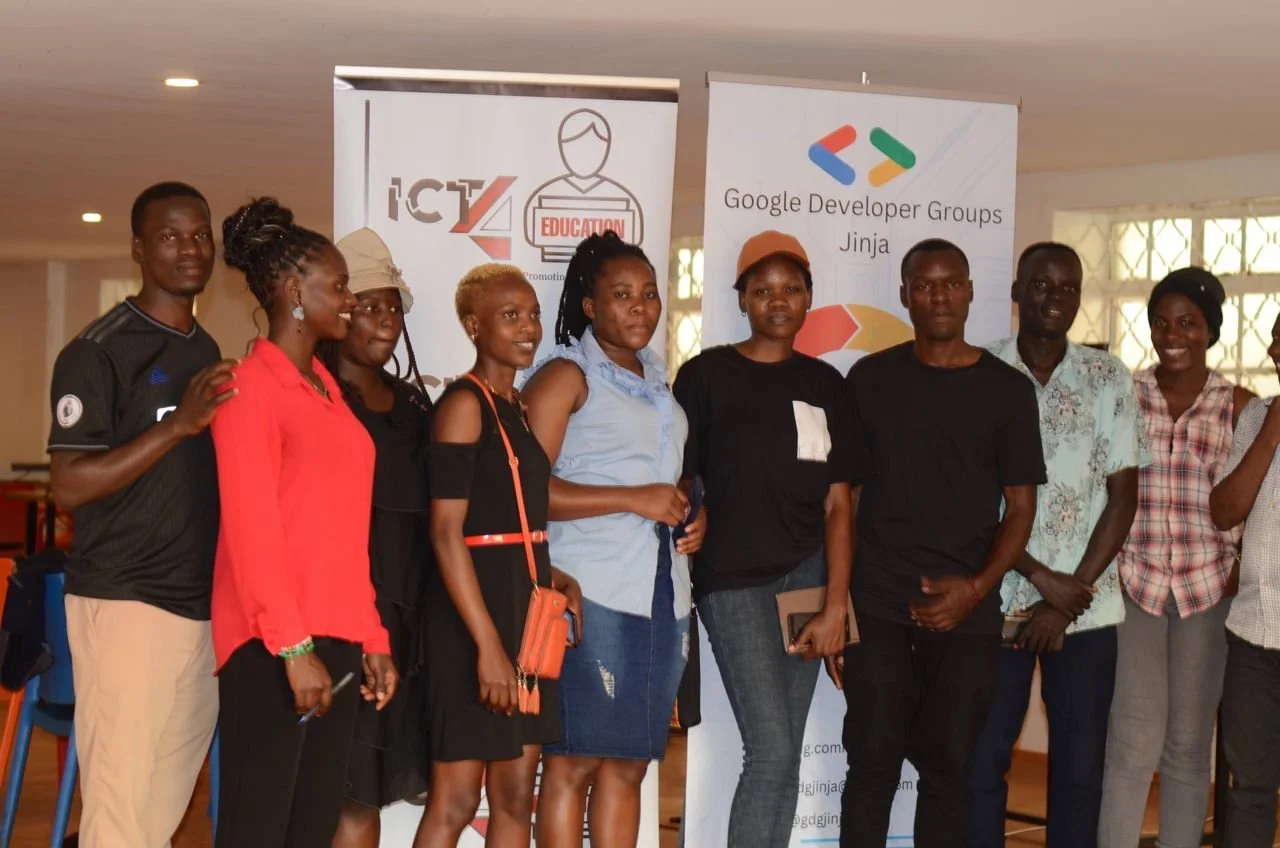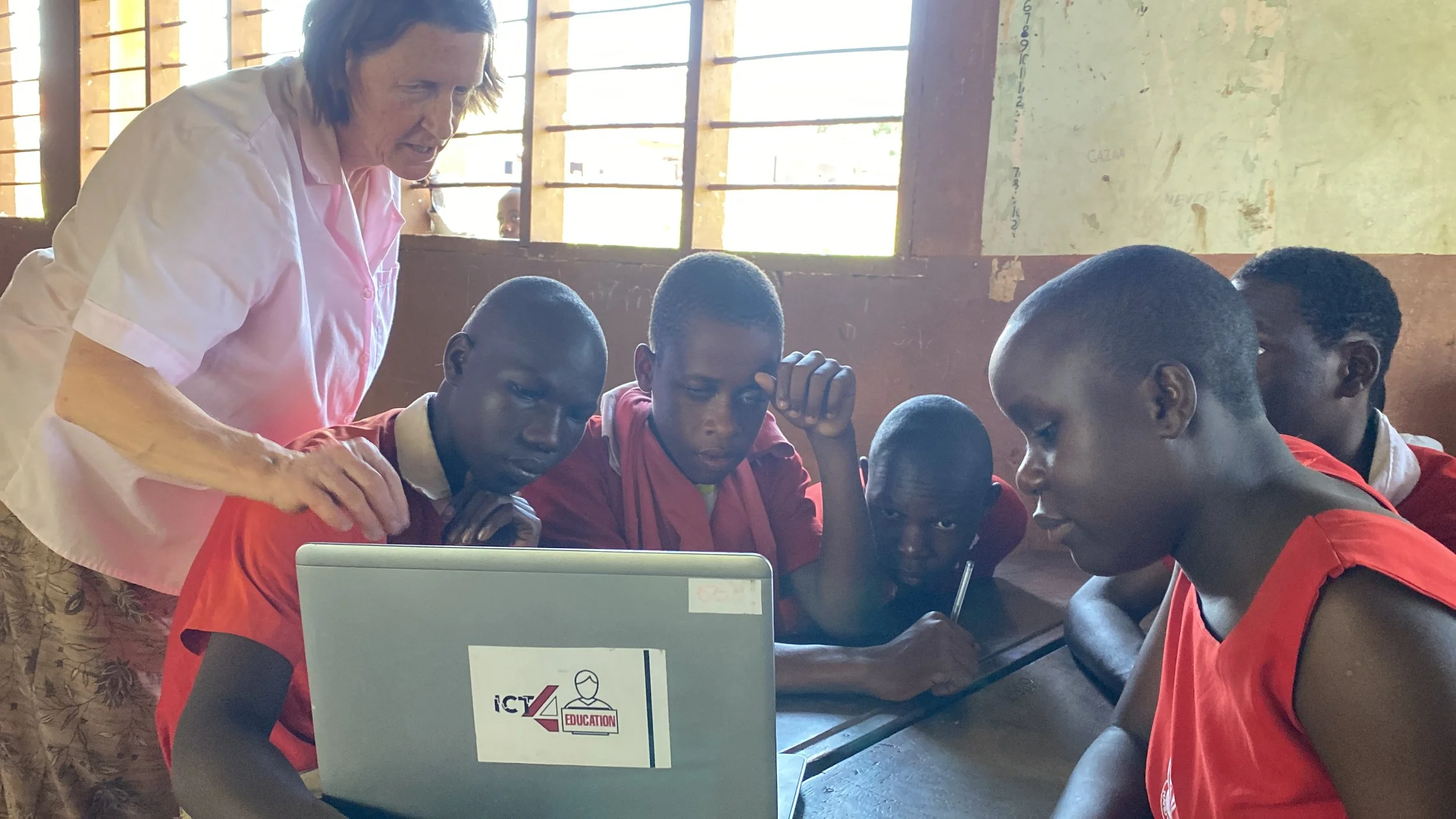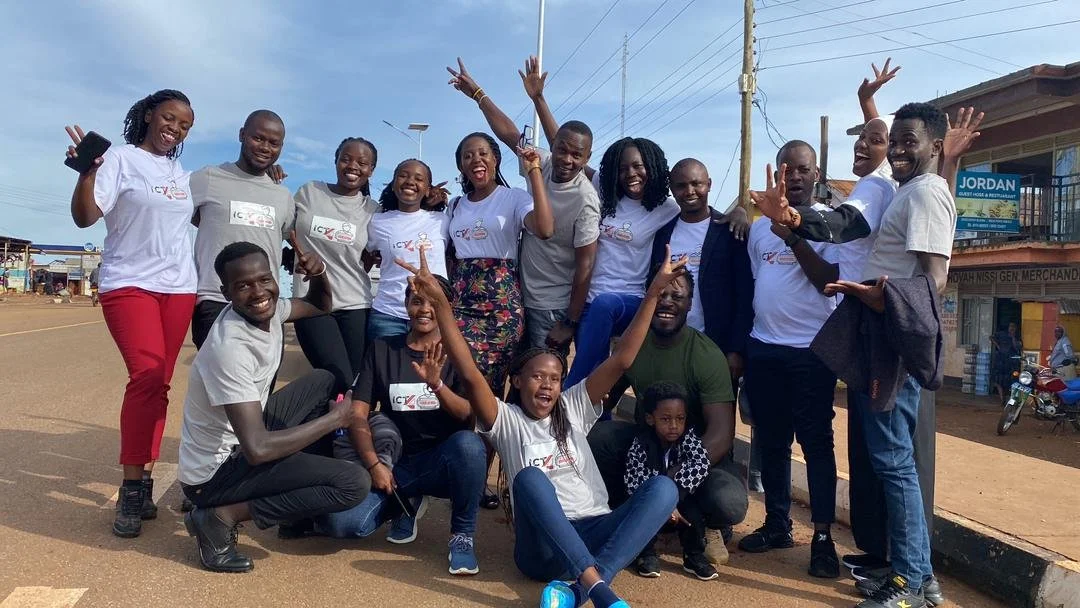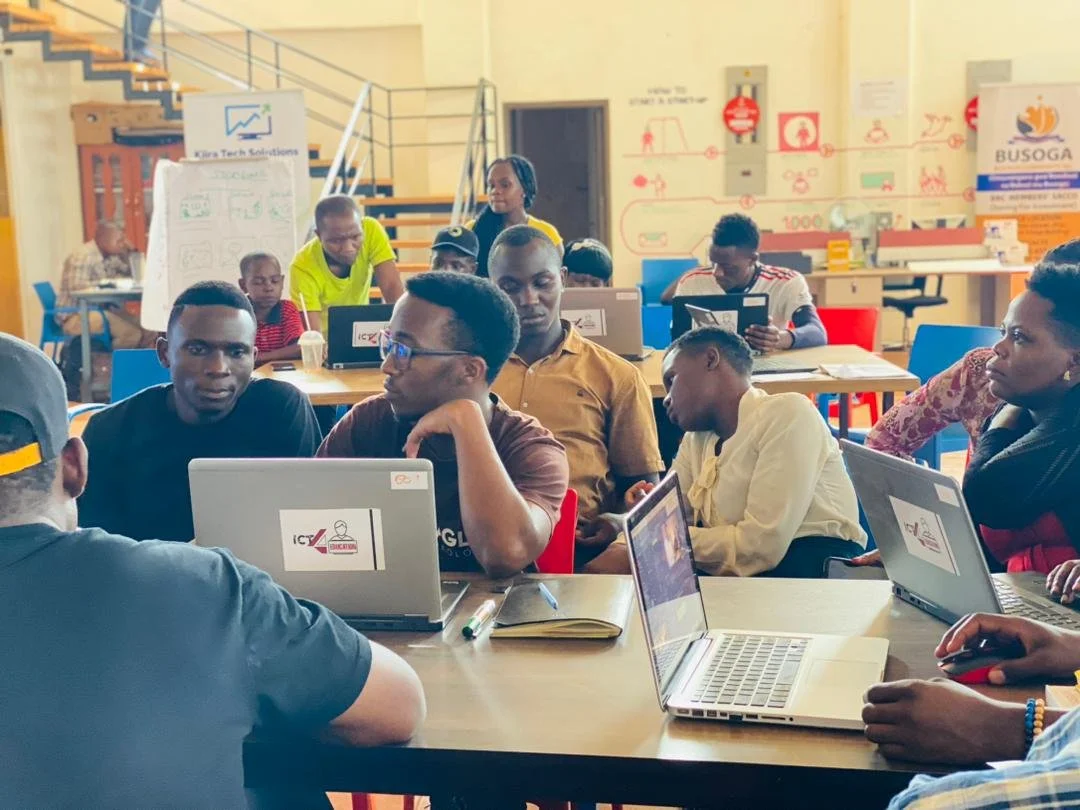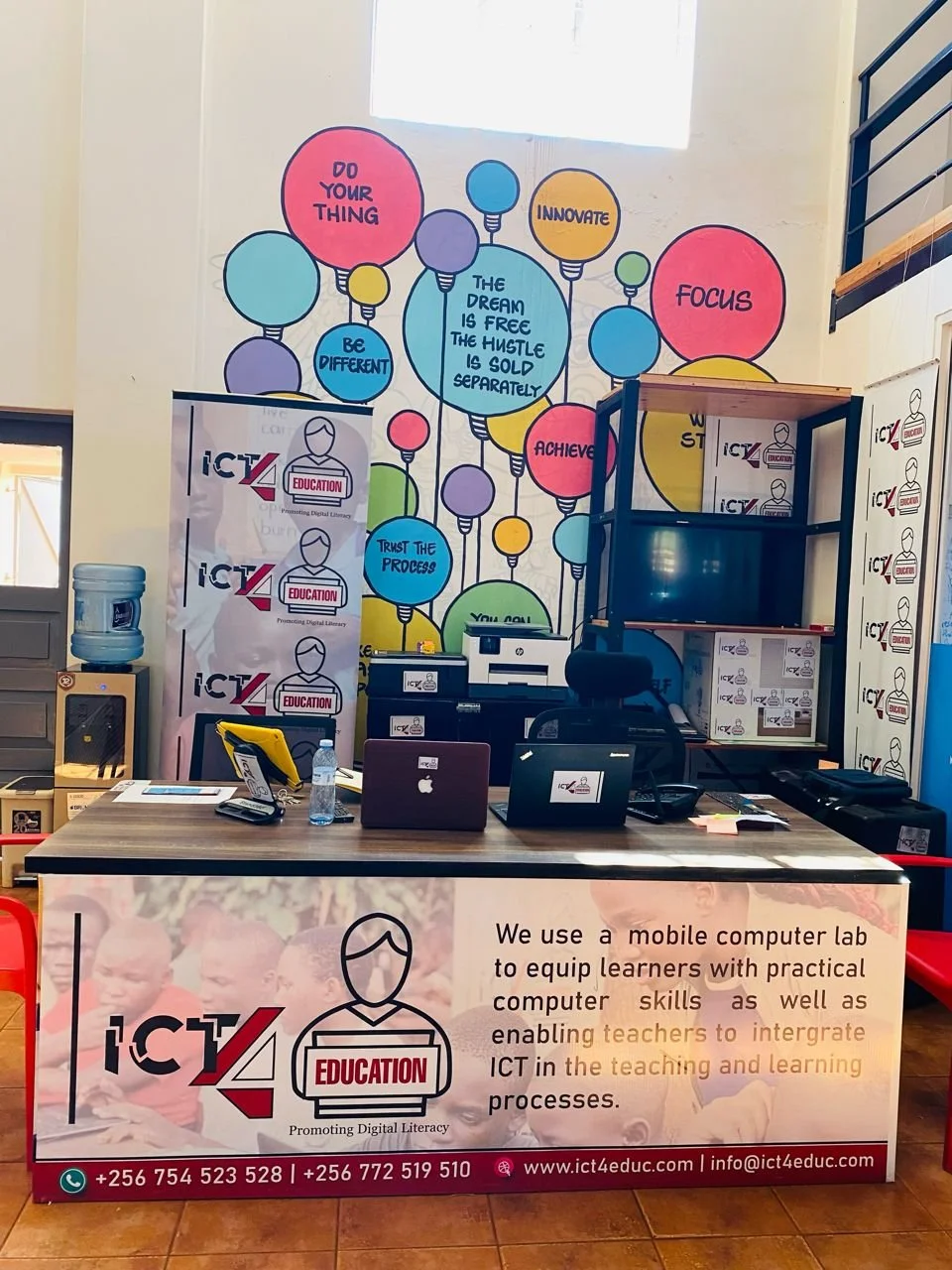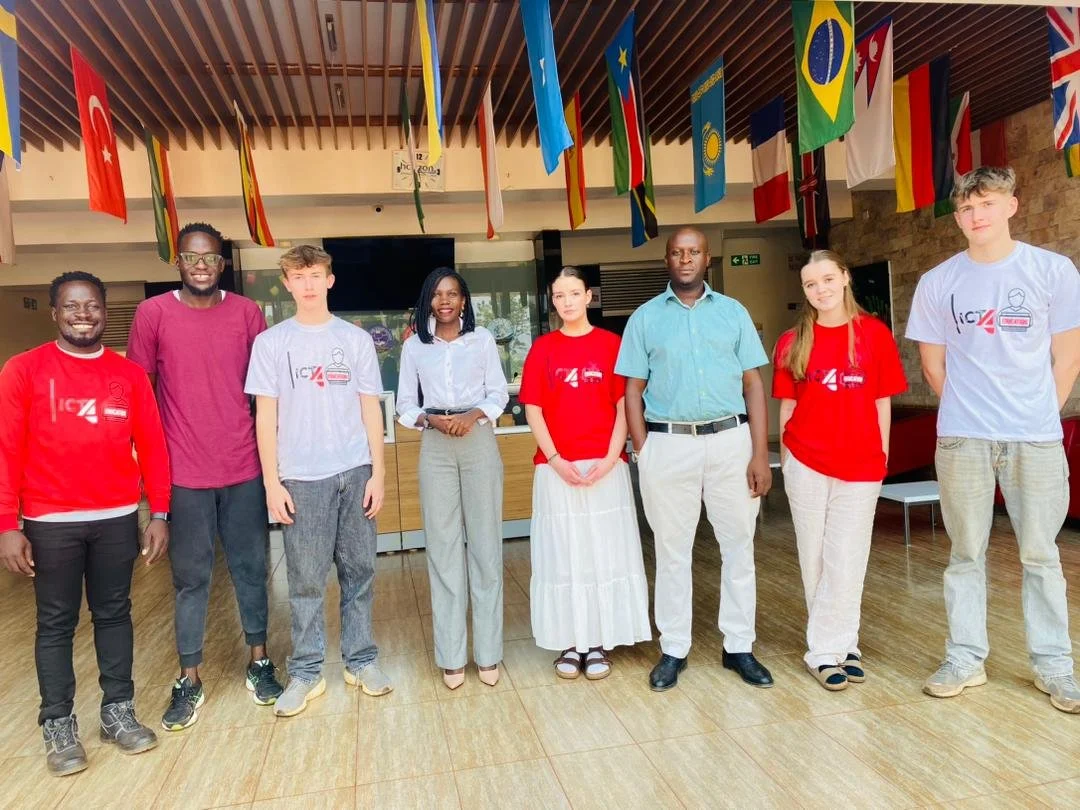The Problem We Are Addressing
Our country’s journey into the digital era has been marked by significant strides and notable challenges. As of early 2024, the country has seen a rise in internet users to 13.30 million, representing an internet penetration rate of 27.0 percent. Despite this growth, the digital divide remains pronounced, In Jinja where we base, Over 90% of the 360 rural schools do not have access to electricity but also lack the financial capacity to setup and maintain their own computer labs. Learners from these schools never get the opportunity to acquire even the basics of ICT, Many teachers, especially those in remote areas, lack the training and resources to integrate ICT in the teaching and learning processes and yet as evidenced during the COVID-19 pandemic, ICT has the potential to shape the future of education and work. With this fact, access to ICT skills and tools shouldn’t be a luxury but a need for every learner or young person regardless of their family’s financial background, where they live or study.
Failure to embrace ICT in our Education system at a lower level will make it difficult for Uganda to develop its human capital/ workforce with appropriate skills. According to the Ugandan National Planning Authority, at least nine in every 10 Ugandans who have completed any form of education are unemployed majorly due to lack of basic skills including Computer knowledge, which is now required in our technology driven economy and workplace.
In Uganda, digital literacy is increasingly recognized as a fundamental component of modern education. With the country and generally the world moving rapidly towards a knowledge-based economy, the ability to use and understand digital technologies is crucial for learners, teachers and young people in our local communities to access a wealth of information and learning resources. Digital skilling will enable youth graduates in rural communities to embrace and use ICT skills to improve their livelihoods through offering services like website development, graphics design among others.
Our Programs
ICT4 Education
The objective of the ICT4Education program is to enhance digital literacy among learners and teachers in rural schools through practical computer training. This is aimed at enabling the participants in schools we work be able to integrate ICT in the teaching and learning processes.
In our ICT4Education program we
Provide teachers and learners with hands-on experience in using computers and understanding the basics of information and communication technology.
Assist and enable teachers to improve Education outcomes by integrating ICT into their teaching methods to make learning more engaging and effective. By understanding how to use ICT in the teaching processes, teacher also access more updated information to deliver to their learners.
Develop the capacity of rural schools to advocate for, acquire and utilize ICT infrastructure for sustainable education as well as ensuring that teachers in rural areas have equal access to digital tools and resources to level the educational playing field.
Curriculum Details
The ICT4Education program by Tech Reach Africa delivers a comprehensive curriculum designed to cater to the needs of rural learners. The program typically includes modules such as Introduction to Computers, Operating Systems and Software Applications, Operating Systems and Software Applications, Browsing the Internet. These modules are designed to provide a solid foundation in digital literacy, equipping learners with the skills necessary to utilize technology confidently and responsibly in their educational pursuits and daily lives.
ICT4Youth Livelihoods & Employment
The objective of the ICT4Youth Livelihoods and Employment program by Tech Reach Africa is to empower out-of-school youth and recent graduates with practical ICT skills that can enhance their livelihoods and employment prospects.
Provide hands-on training in high-demand digital skills such as website development, graphic design, video and photo editing.
Encourage and support program participants to use their new skills to start their own businesses or improve existing ones.
Equip young adults with the digital skills and competencies required by most employers in this highly digital and modern world.
Training Modules
Currently, the program offers 4 modules which are all designed to provide comprehensive training in digital skills that are highly relevant to the job market. Certification is given per module and participants in the modules are different based on preferences.
Our focus modules on this program include marketable digital skills like website development, graphic design, photography, and videography skills.
Our Impact (Since 2022)
Enrolled, trained and empowered 1,850 learners from 17 schools in eastern Uganda through our ICT4Education program. These learners have been equipped with basic ICT skills in areas of understanding ICT and its application in education, computer components and their functions, Microsoft word and excel programs, and the functionality of the internet to access career and academic information via the internet and in the long run improving their academic performance.
Trained and skilled 240 teacher champions across 17 schools with digital skills knowledge and be champions with the ability to deliver digital skills trainings to the learners in their schools. With these digital skills, the teacher champions are now also able to apply and integrate ICT in the teaching and learning processes, accessing and delivering more updated academic content to their learners in a more friendly manner.
Trained and empowered over 640 youth graduates with hands-on skills in website development, graphics design, photography and videography. With these skills, the youth graduates improve their livelihoods either by being employed or starting ICT skill-based businesses and using these skills to provide fee-based services for individuals or institutions.
““We are very thankful to ICT4Education for the support they have extended to our school, before we enrolled onto their mobile computer labs program, we barely had any students interested in pursuing ICT. This is because they knew the school did not have the computers. In 2022, we had the first 4 learners take-up ICT as a subject for their UCE Exams, we had 14 the next year and we are having a total of 20 candidates offering ICT for this year. This we can not take for granted, we thank you””


